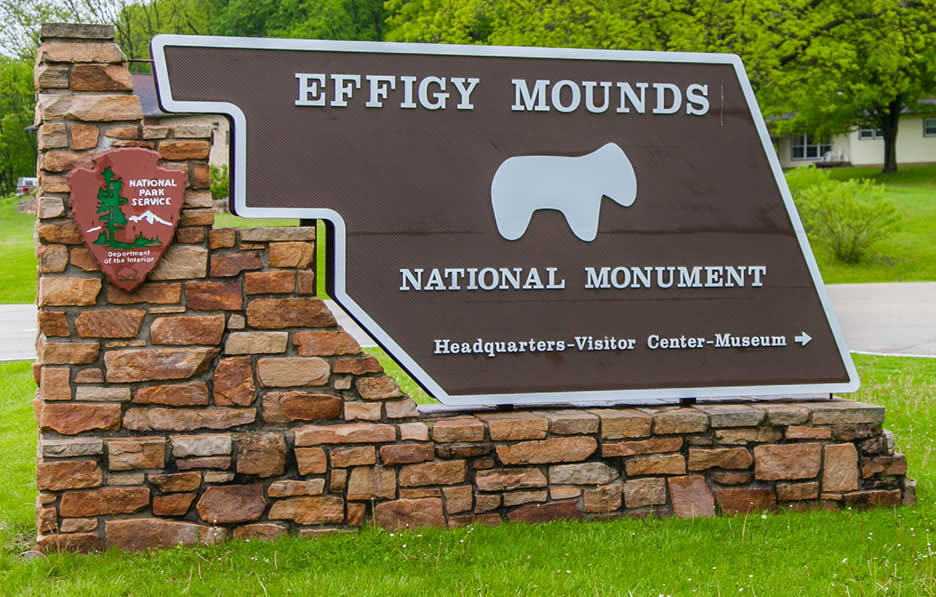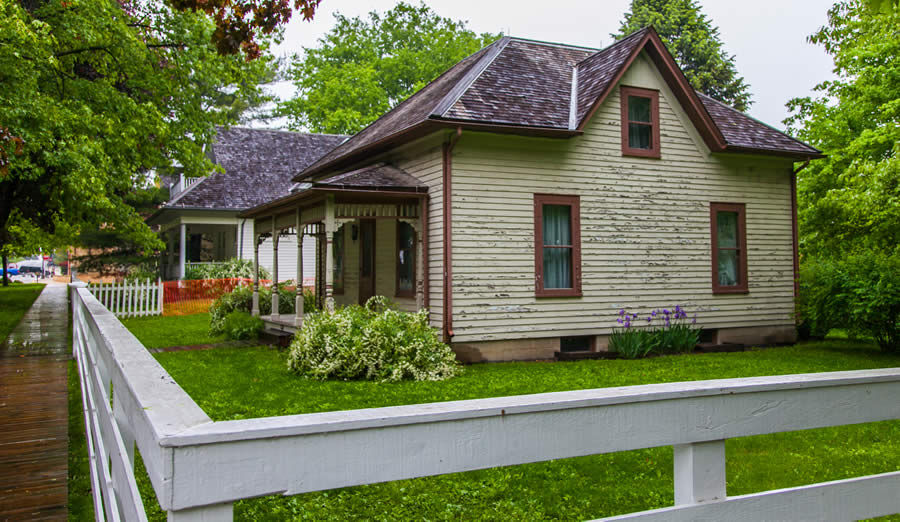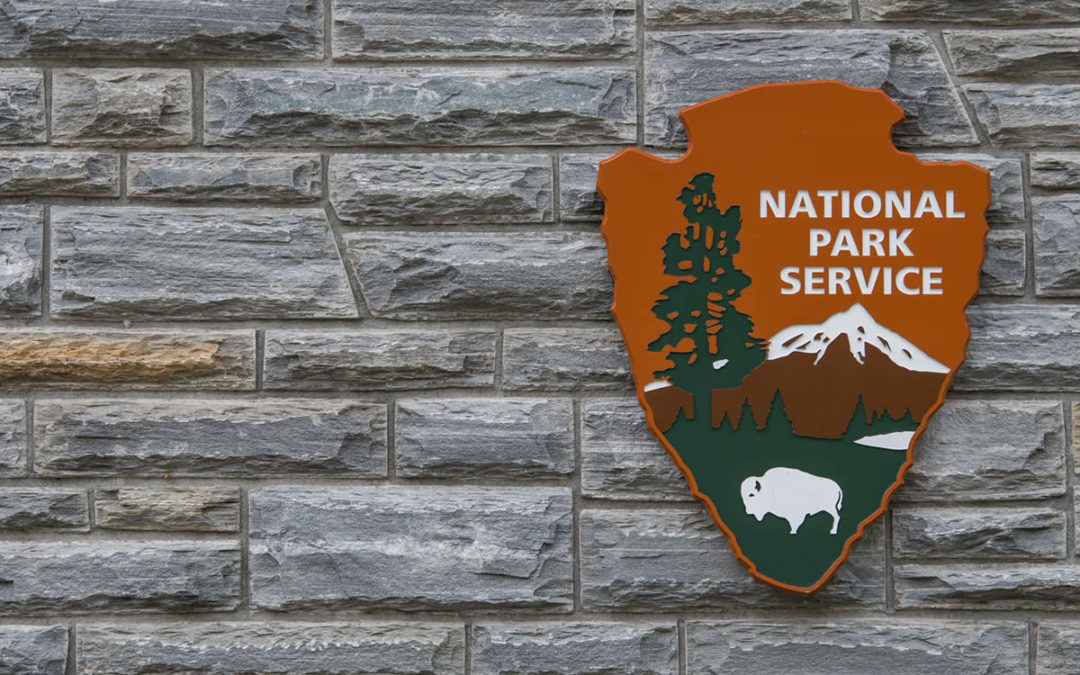The United States House of Representatives voted Wednesday to pass the Great American Outdoors Act, a sweeping conservation and public lands infrastructure bill. Since the Senate passed the same bill back in June, it now heads to the Resolute desk for a signature. The Great American Outdoors Act is an endangered species in this day and age as it enjoyed broad bipartisan support from members of Congress across the entire country. In the United States Senate, it passed by a vote of 73 to 25. In the house today, the vote was 310 to 107.
The legislation is comprised of two parts. First, it provides $900 million in guaranteed annual funding to the Land and Water Conservation Fund (LWCF). The fund does not use taxpayer dollars but instead is supported by royalties from offshore oil and gas development. The LWCF was initially set up back in the ’60s by Congress. However, over the years, billions of dollars intended for the program have been siphoned away for other non-conservation purposes. This legislation guarantees the funding at the full amount.

Harpers Ferry, Iowa, USA: The entrance sign to Effigy Mounds National Monument
The second part of the legislation establishes the National Park and Public Lands Legacy Restoration Fund. That fund will be used to begin resolving the massive backlog of deferred maintenance on federally managed land. Most of that backlog is located in the National Park Service, where it’s estimated there’s a $12 billion backlog of deferred maintenance projects but would also benefit agencies like the US Forest Service, and the US Fish and Wildlife service. The legislation will provide $1.9 billion a year for the next five years to the fund.
According to the National Park Service website, Iowa will benefit. Both Effigy Mounds National Monument in Harper’s Ferry and the Herbert Hoover National Historic site in West Branch have a total of $5.4 million in deferred maintenance.
Proponents of the legislation maintain it is win-win. The outdoor recreation industry generates more than 5.2 million American jobs and contributes 778 billion dollars in national economic output. According to the bill’s Senate sponsor, “Every $1 million invested in LWCF could support between 16.8 and 30.8 jobs. Additionally, research on the impact of the LWCF shows that $1 spent generates $4 in economic value from natural resource goods and services .”

West Branch, Iowa, USA: The restored neighborhood and houses of the Herbert Hoover National Historic Site
A surprisingly diverse coalition of organizations supported the legislation, including the American Petroleum Institute, the Sierra Club, The US Chamber of Commerce, The Nature Conservancy, the RV industry association, and a number of hunting and sporting groups such as Ducks Unlimited.
“Whether you’re an avid conservationist, an outdoor recreation enthusiast, or both, there’s ample reason to appreciate the Great American Outdoors Act,” said DU CEO Adam Putnam. “If there’s one thing we can all agree on, it’s that America has some of the best and most vibrant natural scenery you can find anywhere in the world, particularly on our public lands. This bill will help us keep it that way. By addressing the maintenance backlog and fully funding the LWCF, Congress is ensuring these opportunities are available for future generations to enjoy while strengthening our outdoor economy for years to come.”
Locally, The Iowa Natural Heritage Foundation celebrated its passage:
“INHF applauds the bipartisan passage of the Great American Outdoors Act. The legislation is a tremendous commitment to protecting our nation’s most precious landscapes and improving public access to the these national treasures. We look forward to the potential that is unlocked with this historic investment in public open spaces, outdoor recreation and wildlife habitat,” said Anna Gray, the organizations public policy director.
While initially opposed to it, President Trump Tweeted in March that he would sign a bill that funded the LWCF.
I am calling on Congress to send me a Bill that fully and permanently funds the LWCF and restores our National Parks. When I sign it into law, it will be HISTORIC for our beautiful public lands. ALL thanks to @SenCoryGardner and @SteveDaines, two GREAT Conservative Leaders!
— Donald J. Trump (@realDonaldTrump) March 3, 2020
The legislation’s passage is a big win for its chief congressional proponent, Cory Gardner. Both Iowa Senators Joni Ernst and Chuck Grassley supported the Great American Outdoors Act.



